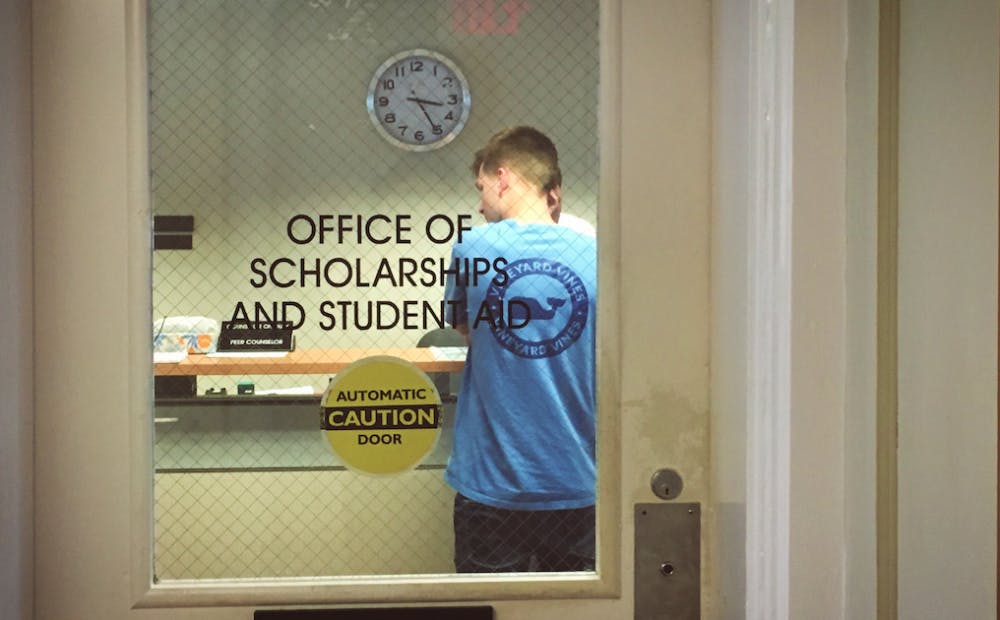The University is beginning to release emergency funding from the federal coronavirus relief bill for students who have been affected by the COVID-19 outbreak, but some students have criticized the administration for moving too slowly to release funds and not being transparent about the process.
The Coronavirus Aid, Relief and Economic Security Act, passed by Congress in late March, included relief funding for higher education institutions. UNC received over $17 million from the bill, which allocates funds based on the number of Pell Grant recipients — a federal aid program for low-income students — and total full-time students at each institution.
On May 19, about a month after the University received funds from the CARES Act, students were formally notified about the opportunity for emergency funding. The announcement, which explained that students could apply for emergency funding from the CARES Act as well as the Carolina Student Impact Fund, came two days after Undergraduate Senator Lamar Richards sent a letter to the chancellor criticizing the University for not publicizing the funds and not moving quicker to release them.
“I think it's important for the University administration to realize that most of the students at Carolina learned of CARES Act funding, not from the University, but instead from news and social media sources or from their peers at neighboring institutions that had already sent out and depleted their CARES Act funds long before UNC even communicated it was in receipt of the funding,” Richards said in an email statement.
N.C. State University notified its students of opportunities for CARES Act funding on April 30. As of May 12, N.C. State has distributed over $6 million to 3,435 students through CARES Act grants.
Reeves Moseley, student body president, said in an email statement that although he agrees the CARES Act funding was not communicated as well as possible, emergency funding from other sources has been available to UNC students in the past few months.
“I agree with Senator Richards’ sentiment that there needs to be more direct and transparent communication with the students,” he wrote. “However, I think that it is important to recognize that the administration is constantly working on funding and financial resources for students, and it is a gradual and continuous process. UNC was also able to support students early on with the Impact Fund and consider how it wants to prioritize CARES Act funding.”
Jordan Johnson, a first-year Covenant Scholar, said she applied for emergency funding in April and received a grant for about $1,000 two weeks ago that did not indicate which fund it came from. She said she was not notified by the University about the opportunity for emergency funding, but instead found the application herself.
“There’s no reason they shouldn’t be reaching out to students and telling us about these things because these students need money,” she said. “We’re home, most people can’t work now, most people have families back home they might need to support, so you never really know what people are going through. And there’s no reason why they shouldn't email us — they email us about everything else.”




